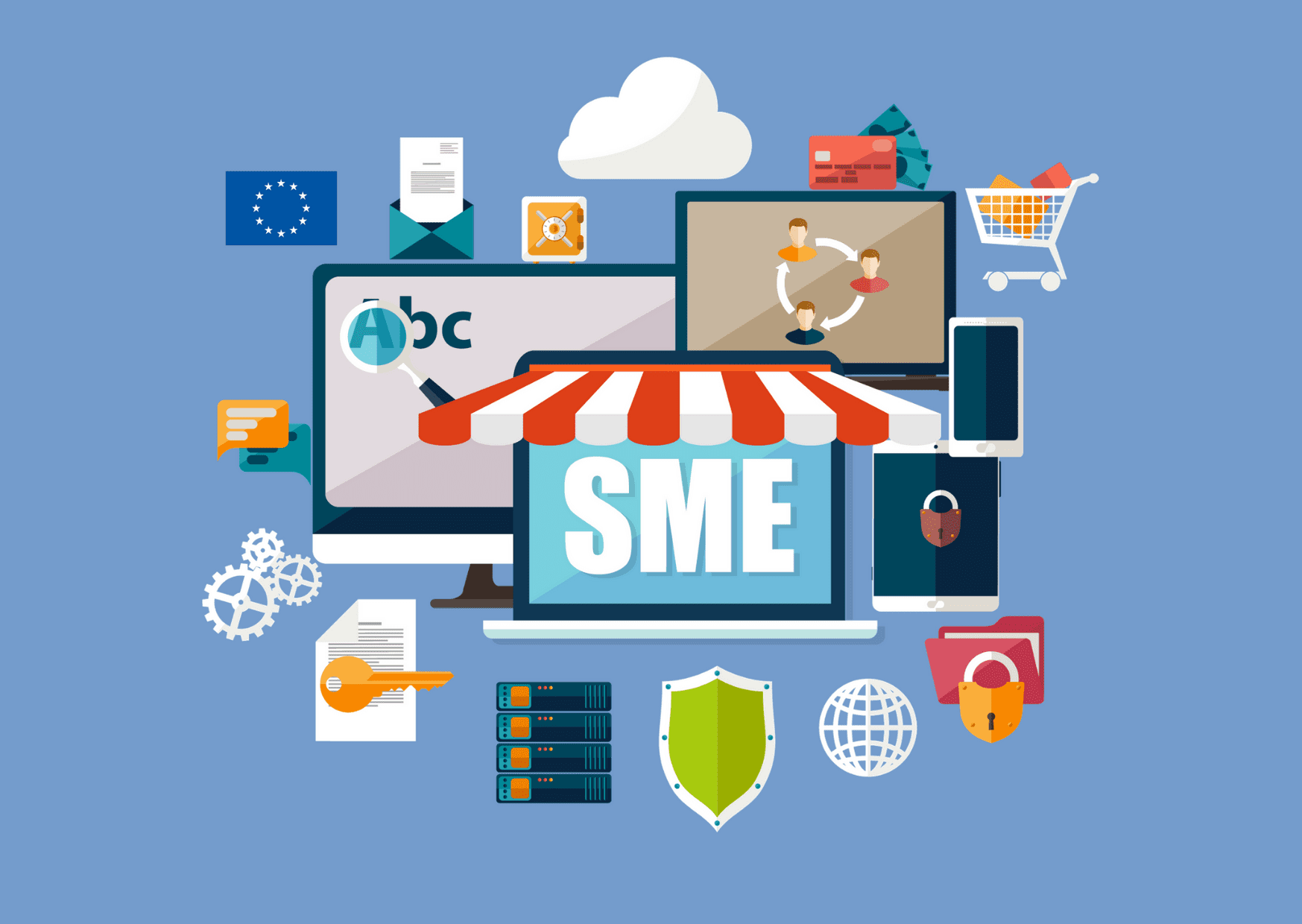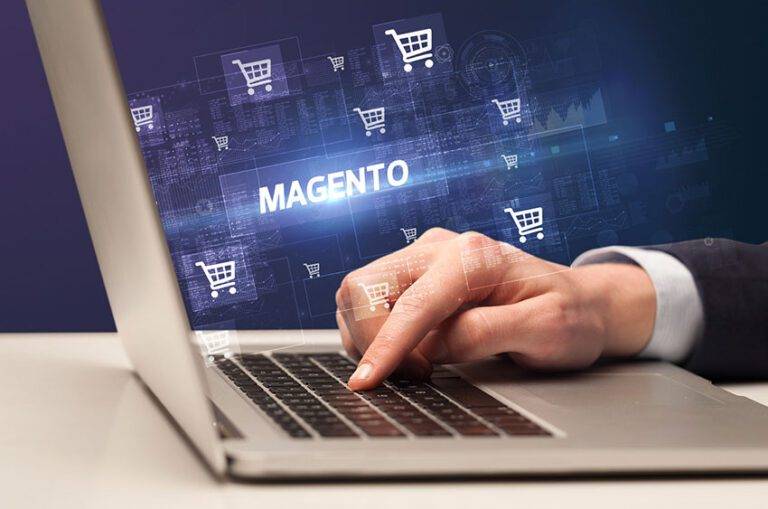Retail Resilience: Strategies For SMEs In A Changing Landscape
In the dynamic realm of retail, small and medium-sized enterprises (SMEs) encounter multifaceted challenges amid evolving consumer behaviours and technological strides. The rapid pace of change necessitates adaptability for sustained success.
Consumer preferences continually shift, influenced by trends, economic factors and emerging technologies, placing SMEs in a perpetual race to stay relevant.
Building resilience involves leveraging technology for operational efficiency, embracing e-commerce and cultivating a deep understanding of consumer needs.
In this blog post, we will explore some practical strategies that can empower SMEs to navigate the changing retail landscape and emerge stronger.
Ready to navigate the evolving retail landscape and ensure your SME’s success? Discover resilience strategies tailored to your business. Contact us today and embark on a journey toward sustained growth and prosperity in the dynamic retail industry.
Understanding The Changing Landscape

Before diving into strategies, SMES must grasp the shifts occurring in the retail landscape. Consumer preferences are evolving rapidly, driven by the rise of e-commerce, changing demographics and the increased focus on sustainability. Moreover, the digital revolution transforms how people discover, evaluate and purchase products.
1. Embrace E-Commerce And Omnichannel Approaches
The advent of online shopping has reshaped consumer habits and SMEs must adapt to this digital reality. Establishing a robust online presence is no longer a choice but a necessity. This includes creating user-friendly websites, leveraging social media platforms and exploring e-commerce marketplaces.
Moreover, adopting an omnichannel approach is essential. Consumers today expect a seamless experience, whether they’re shopping online or in-store. Integrating online and offline channels can enhance customer engagement and provide a cohesive brand experience.
2. Personalisation Is Key
In a world inundated with options, consumers value personalised experiences. SMEs can leverage data analytics to understand customer preferences and tailor their offerings accordingly. Personalised recommendations, exclusive deals and targeted marketing campaigns can go a long way in building customer loyalty and differentiating SMEs from larger competitors.
Building Operational Resilience

Apart from adapting to changing consumer behaviours, SMEs must also focus on building operational resilience to weather economic uncertainties and external shocks.
1. Supply Chain Diversification
Global events, such as the COVID-19 pandemic, have highlighted the vulnerabilities of concentrated supply chains. SMEs should explore diversifying their supply chains to mitigate risks associated with disruptions. This could involve working with multiple suppliers or localising the supply chain to reduce dependence on international sources.
2. Invest In Technology And Automation
Technology can be a game-changer for SMEs aiming to enhance efficiency and reduce operational costs. Implementing point-of-sale systems, inventory management software and other automation tools can streamline processes and provide real-time insights. While the initial investment might seem daunting, the long-term benefits of increased efficiency and reduced errors can significantly contribute to resilience.
Fostering Financial Resilience

Financial stability is the backbone of any successful business and SMEs take proactive steps to ensure they remain financially resilient in the face of economic uncertainties.
1. Diversify Revenue Streams
Relying solely on one revenue stream can be risky. SMEs should explore diversification by introducing new products or services, targeting different customer segments, or expanding into untapped markets. This not only helps in spreading risk but also opens up avenues for growth.
2. Build Cash Reserves
Maintaining a healthy cash reserve is fundamental to financial resilience. SMEs should prioritise building and maintaining a cash buffer to navigate challenging periods. This reserve can be a lifeline during economic downturns or unexpected disruptions, giving the business the flexibility to adapt and innovate.
Nurturing A Resilient Company Culture
Resilience isn’t just about external strategies; it’s also deeply rooted in the organisation’s culture. A resilient company culture can empower employees to adapt to change and contribute to the business’s long-term success.
1. Encourage Innovation And Learning
Fostering a culture that champions innovation and continuous learning is essential for organisational resilience. Employees become adaptable and well-informed by promoting ongoing education and staying abreast of industry trends, enhancing their problem-solving capabilities.
Encouraging participation in workshops and professional development keeps skills current and stimulates creative thinking. This proactive approach ensures that the workforce remains agile and ready to embrace change and contributes to the company’s ability to navigate uncertainties effectively.
Ultimately, a culture of innovation and learning empowers employees to proactively contribute to the organisation’s growth and resilience in a dynamic business landscape.
2. Effective Communication And Collaboration
Effective communication and collaboration are linchpins for navigating change successfully. Transparency is vital; employees must be kept abreast of the company’s goals, challenges and strategies.
This cultivates a shared understanding and commitment to the organisation’s vision. Fostering a collaborative environment where diverse perspectives are not only welcomed but valued enhances problem-solving capabilities.
This inclusivity instils a sense of collective responsibility, fostering a resilient, cohesive team in the face of change. Such open communication and collaboration create a culture where everyone is aligned, contributing to the overall success and adaptability of the company.
Wrapping up, the retail landscape is ever-evolving and SMEs must proactively adapt to thrive in this dynamic environment.
By understanding and embracing the changing landscape, building operational and financial resilience and nurturing a resilient company culture, SMEs can position themselves for sustained success.
The ability to pivot, innovate and learn from challenges will be the driving force behind the resilience that propels SMEs forward in the competitive world of retail.
Is your small business ready to thrive in today’s dynamic retail environment? Discover the keys to resilience with Adstral. Learn more about navigating the changing landscape and explore the possibilities with Adstral. Your business’s resilience starts here.







